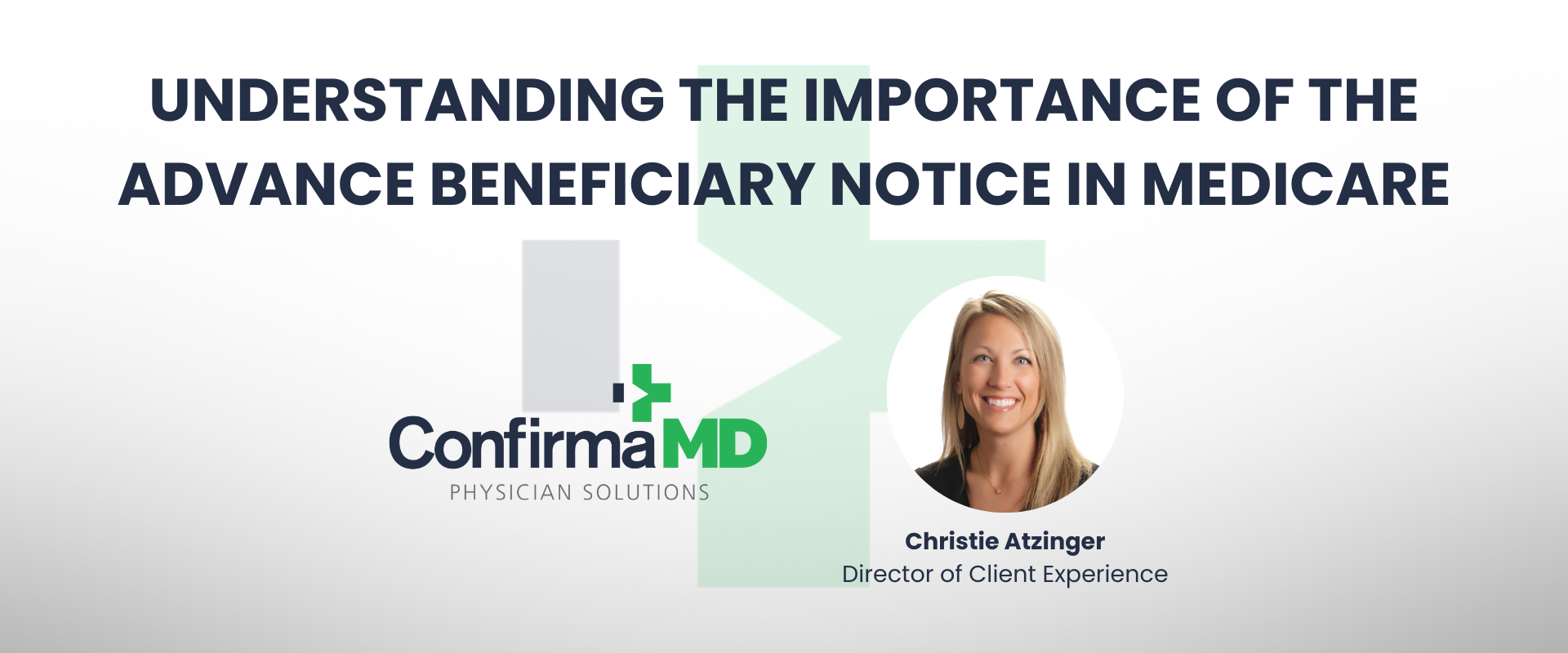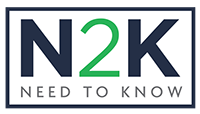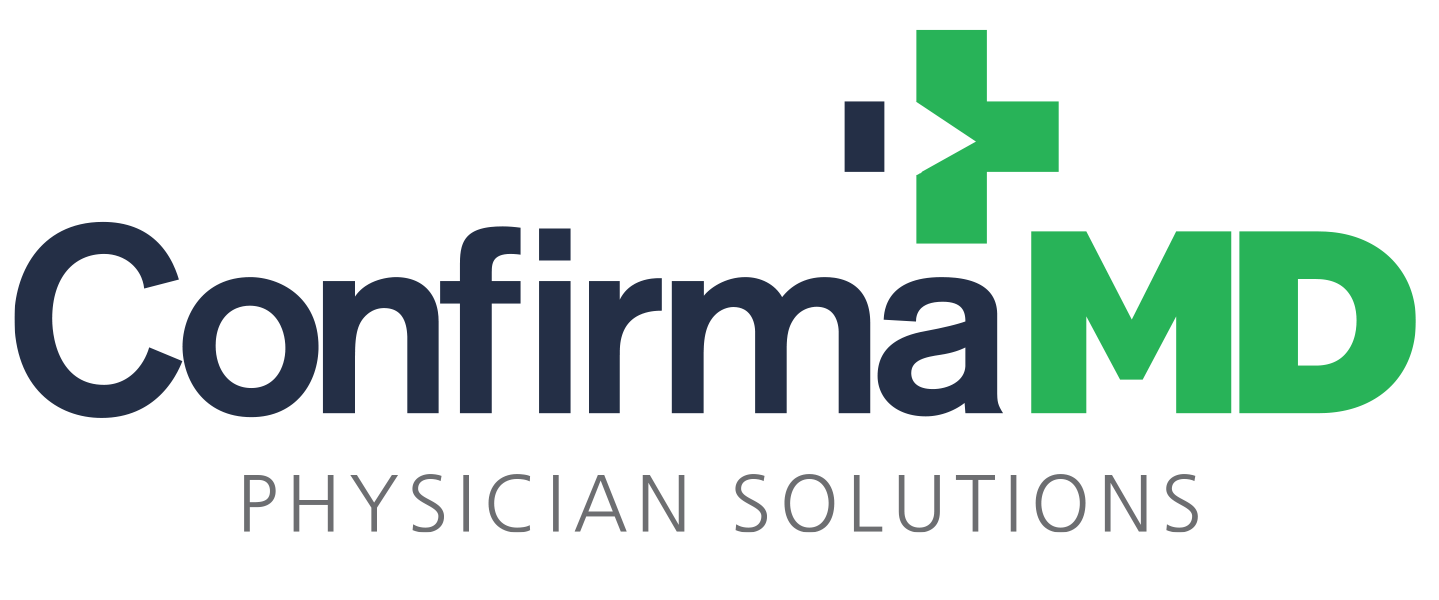

Navigating the complexities of Medicare can be challenging for both healthcare providers and patients. One critical tool in this landscape is the Advance Beneficiary Notice of Non-coverage (ABN), Form CMS-R-131. This form is essential in helping Medicare Fee-for-Service (FFS) patients make informed decisions about their care, particularly when it comes to items and services that Medicare typically covers but might not in specific situations.
What is an ABN?
The ABN is a document that alerts Medicare patients to the possibility that Medicare may not cover certain items or services. This can occur when the services are not deemed medically necessary for the patient. By issuing an ABN, healthcare providers ensure that patients are aware of their potential financial responsibility before receiving the service, allowing them to make informed choices about their care.
When Must an ABN be Issued?
Healthcare providers are required to issue an ABN in several key situations:
- Non-Reasonable and Necessary Services: If a Medicare item or service does not meet the program’s standards of being reasonable and necessary, an ABN must be issued. This includes:
- Services not indicated for the diagnosis or treatment of an illness, injury, or to improve the functioning of a malformed body member.
- Services deemed experimental, investigational, or considered research-only.
- Services that exceed the number of allowed services within a specific period for a particular diagnosis.
- When outpatient therapy services exceed therapy threshold amounts
Why is the ABN Important?
The ABN serves multiple purposes:
- Informed Decision-Making: It empowers patients with the information they need to decide whether to proceed with a service that may not be covered by Medicare. Understanding potential out-of-pocket costs upfront helps patients weigh the benefits and financial implications of their healthcare choices.
- Financial Transparency: Issuing an ABN promotes transparency between healthcare providers and patients. It clarifies the financial aspects of care and helps avoid unexpected medical bills, fostering trust and clarity in the patient-provider relationship.
- Regulatory Compliance: For healthcare providers, using ABNs appropriately ensures compliance with Medicare regulations, thereby avoiding potential penalties and ensuring that billing practices meet federal standards
The ABN is more than just a form; it is a vital communication tool in the Medicare system. By clearly informing patients about the potential non-coverage of certain services, it supports informed decision-making and financial transparency. For healthcare providers, it is an essential component of ethical and compliant billing practices. Understanding and utilizing the ABN correctly is crucial in delivering patient-centered care that respects both the medical and financial needs of those served.
Director of Client Experience, Christie Atzinger
Learn something valuable to your practice?
Stay notified of when we publish new blogs:

